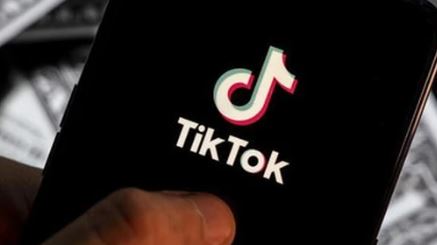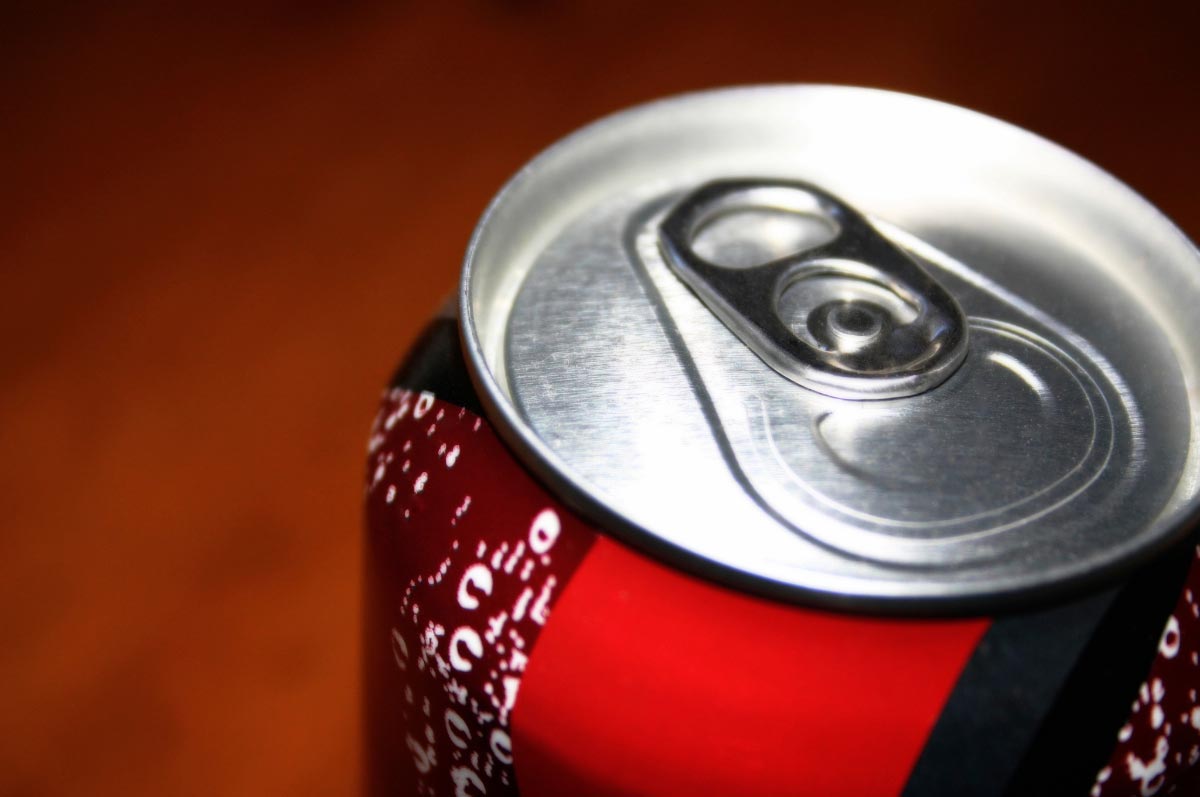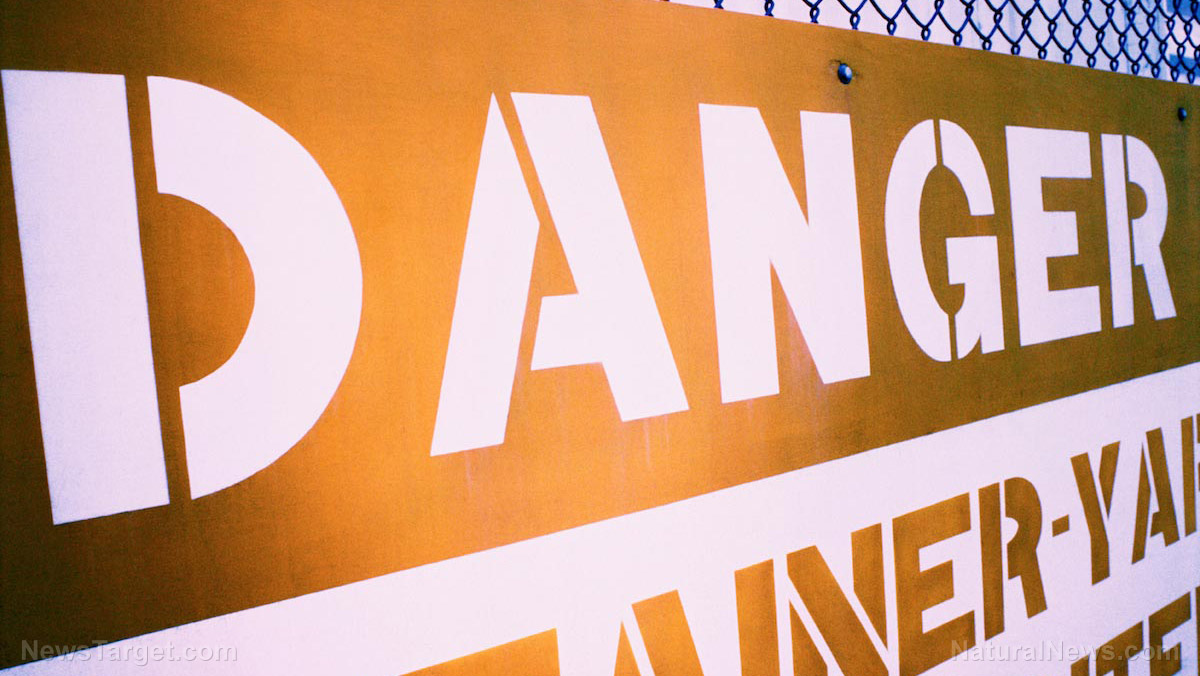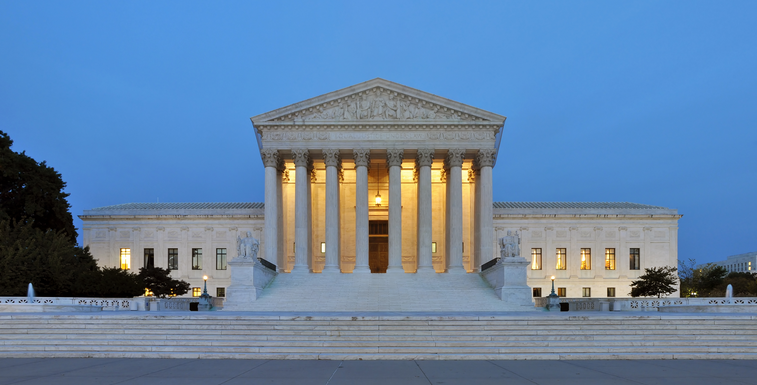Spokane BANS crypto ATMs amid surge in scams targeting vulnerable residents
06/20/2025 / By Ramon Tomey

- The city of Spokane in Washington state became the first city in the state to ban cryptocurrency ATMs through a unanimous City Council vote.
- The ban targets a surge in fraud exploiting crypto ATMs, where scammers (often impersonating officials) pressure vulnerable groups like the elderly into transferring life savings into untraceable digital currencies.
- In 2023, the FBI reported $5.6 billion in national losses from such scams, with Washington state alone losing $142 million. Operators have 60 days to remove kiosks or face penalties. Funds, it was found, are frequently sent overseas to adversarial nations like China and Russia.
- Council members noted crypto ATMs are heavily concentrated in poorer neighborhoods, calling them a “preferred tool for scammers.” The ordinance aims to remove existing machines and block new installations.
- Transactions via crypto ATMs are irreversible, and jurisdictional barriers hinder fund recovery. Spokane’s ban sets a precedent for other cities balancing innovation and consumer protection.
In a landmark move to combat financial fraud, the city of Spokane in Washington state has become the first city in the state to ban cryptocurrency ATMs.
The city’s prohibition followed a unanimous vote by the Spokane City Council on Monday, June 16. Under the ordinance, operators have 60 days to remove dozens of crypto ATM kiosks citywide. Non-compliant operators could face civil penalties or have their licenses revoked.
The decision comes amid a sharp rise in scams exploiting these kiosks. Authorities will monitor whether the ban reduces scam reports, a critical test for other municipalities weighing similar measures.
Criminals impersonating law enforcement officers or tax officials pressure victims, often elderly or low-income residents, into transferring life savings into untraceable digital currencies. The Federal Bureau of Investigation (FBI) reported nearly $5.6 billion in national losses tied to such schemes in 2023, with the Evergreen State alone accounting for $142 million. (Related: Older generations now risking their life savings in CRYPTO.)
Spokane District Two Councilman Paul Dillon spearheaded the ordinance alongside Council President Betsy Wilkerson. He described the machines as a “preferred tool for scammers,” emphasizing their disproportionate presence in poorer neighborhoods.
“These kiosks have become a significant instrument of financial fraud,” Dillon said. The councilman noted that the ordinance would remove existing machines and prevent new installations.
District Three Councilman Zack Zappone also acknowledged the risks that come with the crypto ATMs. “There are lots of vulnerable populations that are being preyed upon by these types of machines,” he remarked.
From postal fraud to crypto scams: How financial crime evolves
Detective Tim Schwering of the Spokane Police Department warned that funds sent via crypto kiosks often vanish overseas before victims realize they’ve been deceived. According to him, money pilfered from these schemes often end up in adversary nations such as China, North Korea and Russia.
Historically, financial scams have evolved alongside technology – from postal fraud in the 19th century to wire-transfer cons in the 1990s. Crypto kiosks, however, present a uniquely modern challenge.
Transactions done at these machines are irreversible, and jurisdictional hurdles often prevent recovery of stolen funds. The FBI’s 2024 data shows a 31 percent spike in complaints, with victims over 60 accounting for two-thirds of losses. Spokane officials hope to curb this trend with the ban on crypto ATMs.
As cities nationwide grapple with balancing innovation and consumer safety, Spokane’s ban sets a precedent. “This is a vital first step in protecting our community,” Schwering said. For now, residents are urged to verify unexpected demands for cryptocurrency payments – a warning that may soon echo far beyond Washington’s borders.
Watch the “Wolf of Wall Street” Jordan Belfort warning that Bitcoin is a scam in this clip.
This video is from the Recharge Freedom channel on Brighteon.com.
More related stories:
CBDCs officially BANNED under new Trump executive order, fulfilling his campaign promise.
Bitcoin’s evolution beyond “digital gold”: Redefining monetary innovation in a shifting landscape.
Emergency interview with John Perez as SWIFT cuts off Binance and global currency wars explode.
Sources include:
Submit a correction >>
Tagged Under:
banned, big government, crime, crypto ATMs, crypto cult, crypto kiosks, crypto scam, cryptocurrency, Dangerous, deception, financial crime, lies, Paul Dillon, robot economy, Spokane, Spokane City Council, Washington state, Zack Zappone
This article may contain statements that reflect the opinion of the author
RECENT NEWS & ARTICLES
COPYRIGHT © 2018 BANNED.NEWS
All content posted on this site is protected under Free Speech. Banned.news is not responsible for content written by contributing authors. The information on this site is provided for educational and entertainment purposes only. It is not intended as a substitute for professional advice of any kind. Banned.news assumes no responsibility for the use or misuse of this material. All trademarks, registered trademarks and service marks mentioned on this site are the property of their respective owners.




















